
Friends come and go, but relatives tend to accumulate.
We hope you find everything you are looking for and many things you haven't thought of yet!
We're still researching, so give us a call!
![]()
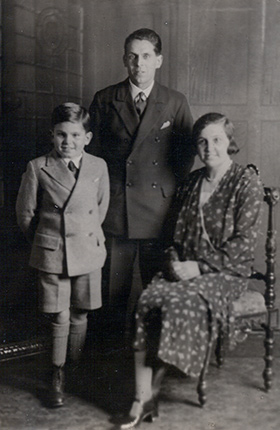
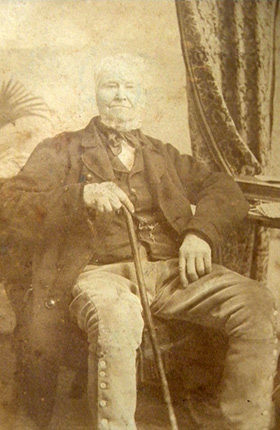
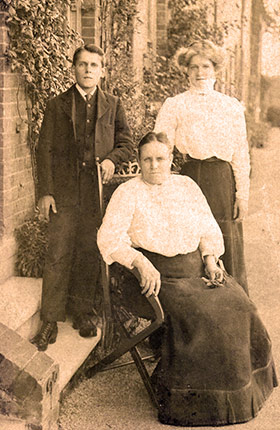
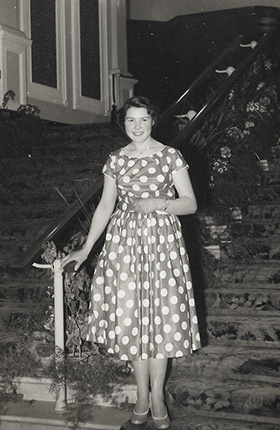
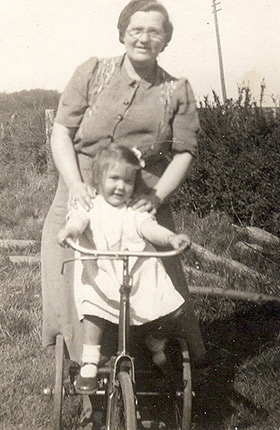
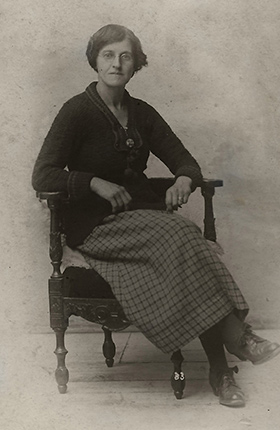
We are the chosen. In each family there is one who seems called to find the ancestors. To put flesh on their bones and make them live again. To tell the family story and to feel that somehow they know and approve. Doing genealogy is not a cold gathering of facts but, instead, breathing life into all who have gone before. We are the story tellers of the tribe. All tribes have one. We have been called, as it were, by our genes. Those who have gone before cry out to us: Tell our story. So, we do. In finding them, we somehow find ourselves. How many graves have I stood before now and cried? I have lost count. How many times have I told the ancestors, You have a wonderful family; you would be proud of us.
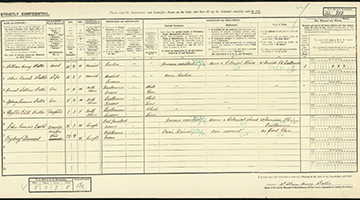
Taken on 19 June 1921, the census is a survey of 38 million people living in England and Wales during a period of economic turmoil between two world wars and recovering from a global pandemic.
The 1921 Census contains the records of nearly 38 million individuals and 8.5 million households. It has been housed on 1.6 kilometres of shelving – and more than 20 million colour images have been taken in the process of digitisation.War is everywhere in modern culture. It is the backdrop to video game franchises and Hollywood blockbusters and the impact of war remains a part of the news cycle.
Whether a fighter on the battlefield, or part of the home-front movement, these heroic men and women fought to protect their families, country and friends – their memories will always remain with us.
Many of us may have a personal link to Remembrance Day, or Veterans Day, by honouring our own ancestors who fought and lost their lives in battle.
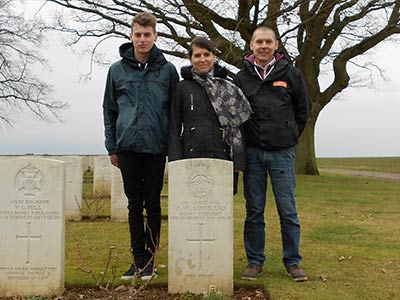
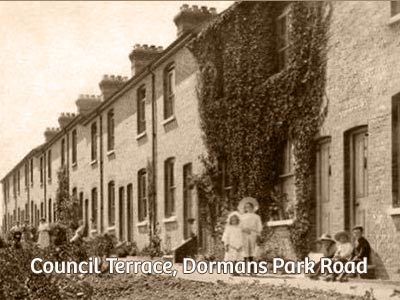 History Of Our Homes and Houses
History Of Our Homes and HousesDelving into the story of our houses makes us feel like we're part of a piece of living history. We may start to feel differently about our home once we discover who lived there. We can certainly feel more connected and involved with its past and will probably uncover some intriguing stories. Researching our homes means becoming a local detective. Much of the work is offline – we'll be spending time in libraries, chatting to local people and walking around the neighbourhood looking for clues.
Grisly histories Take your search back further, and more unusual stories may emerge. Land tax records date to the 18th century and manorial records found in the manorial documents register go back to the Norman conquest, when manors were often indexed by the name of the landowner. Converted properties that have been in and out of domestic use, particularly old pubs, may have been popular haunts for all sorts of rogues. Remember that there were no electoral rolls during the second world war because of evacuations and more frequent changes in ownership. Find out more about this period by studying bomb shelter maps for a sense of how much your house and street suffered.You can use this area to add your extra history or person pages.
 Genealogy is sometimes about proving that bad family traits came from the other side of the tree!
Genealogy is sometimes about proving that bad family traits came from the other side of the tree!
 Everyone has ancestors and it is only a question of going back far enough to find a good one.
Everyone has ancestors and it is only a question of going back far enough to find a good one.
 If your family members won’t talk about a particular relative, a seasoned genealogist knows they are keeping mum about something very interesting..
If your family members won’t talk about a particular relative, a seasoned genealogist knows they are keeping mum about something very interesting..
 The kind of ancestors you have is not as important as the kindness of their descendants.
The kind of ancestors you have is not as important as the kindness of their descendants.
 Genealogy: In the end, it’s all relative.
Genealogy: In the end, it’s all relative.
 If you shake your family tree, watch for the nuts to fall.
If you shake your family tree, watch for the nuts to fall.
We make every effort to document our research. If you have something you would like to add, please contact us.